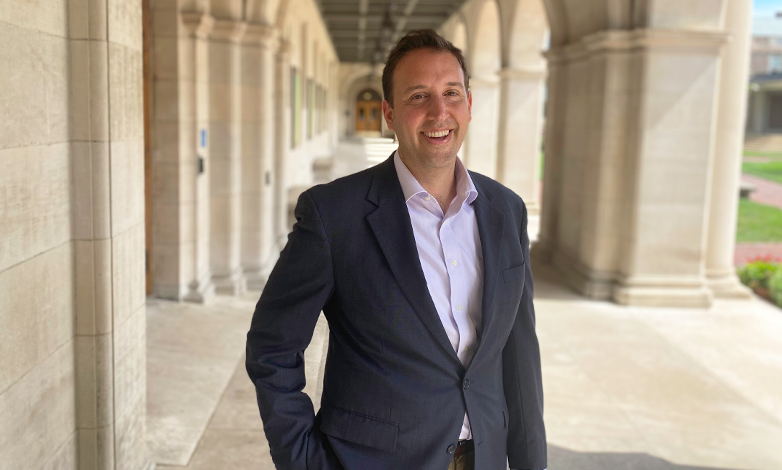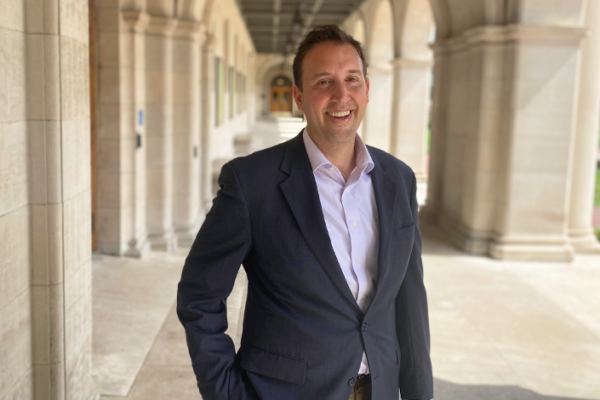Even after factoring in student loan payments, completing a college degree continues to pay off, according to new research from Washington University in St. Louis’ Center for Social Development (CSD) at the Brown School.
The study, published Nov. 3 by the Brookings Institution, finds that degree holders earn on average $8,000 more per year than similar individuals who attended college but did not complete a degree — even after accounting for student loan payments. Without factoring in debt, the earnings premium rises to $10,400 per year.

“Despite concerns about rising tuition costs and growing debt, the data show that higher education remains a worthwhile financial investment,” said Jason Jabbari, an assistant professor at the Brown School, faculty director of the Clark-Fox Policy Institute and co-author of the report. “Our findings highlight not only the continued value of a college degree, but also the importance of supporting students through to completion.”
The research team — which includes Guangli Zhang, Xueying Mei, Yung Chun and Stephen Roll of the CSD, along with Mathieu Despard of the University of North Carolina at Chapel Hill — used linked data from a national credit bureau and the National Student Clearinghouse to produce one of the most detailed looks yet at the economic return on higher education.
Unlike traditional earnings analyses, the team developed a “debt-adjusted earnings” measure that accounts for student loan payments. This approach provides a more complete picture of how debt affects the financial returns of completing a postsecondary credential.
Their results show that while student debt reduces the immediate financial gains from earning a degree, the long-term benefits remain substantial:
- Associate degree holders spend about 9% of their extra earnings on loan payments.
- Bachelor’s degree holders spend 19%.
- Master’s degree holders spend 57%, though their faster salary growth narrows this gap over time.
- Students completing undergraduate certificates also saw meaningful benefits, with debt-adjusted earnings roughly $5,000 higher than those who did not complete them.
“The message here is clear,” said Zhang, a CSD data analyst. “Higher education pays off, but debt burdens vary considerably across degree levels. Policies that promote college completion and reduce financial barriers can maximize these returns.”
The researchers said that pending federal policy changes, such as the One Big Beautiful Bill Act, could limit access to these opportunities. The bill will impose new borrowing caps for graduate students and expand “gainful employment” rules that could restrict federal aid for some programs.
“Our evidence shows that most graduates more than meet federal standards for gainful employment,” Jabbari said. “Policymakers should focus on expanding — not constraining — access to higher education financing, especially for students most likely to benefit from completing a degree.”
The study also suggests expanding student loan programs to include non-degree credential programs, which can lead to strong financial returns for many workers.


